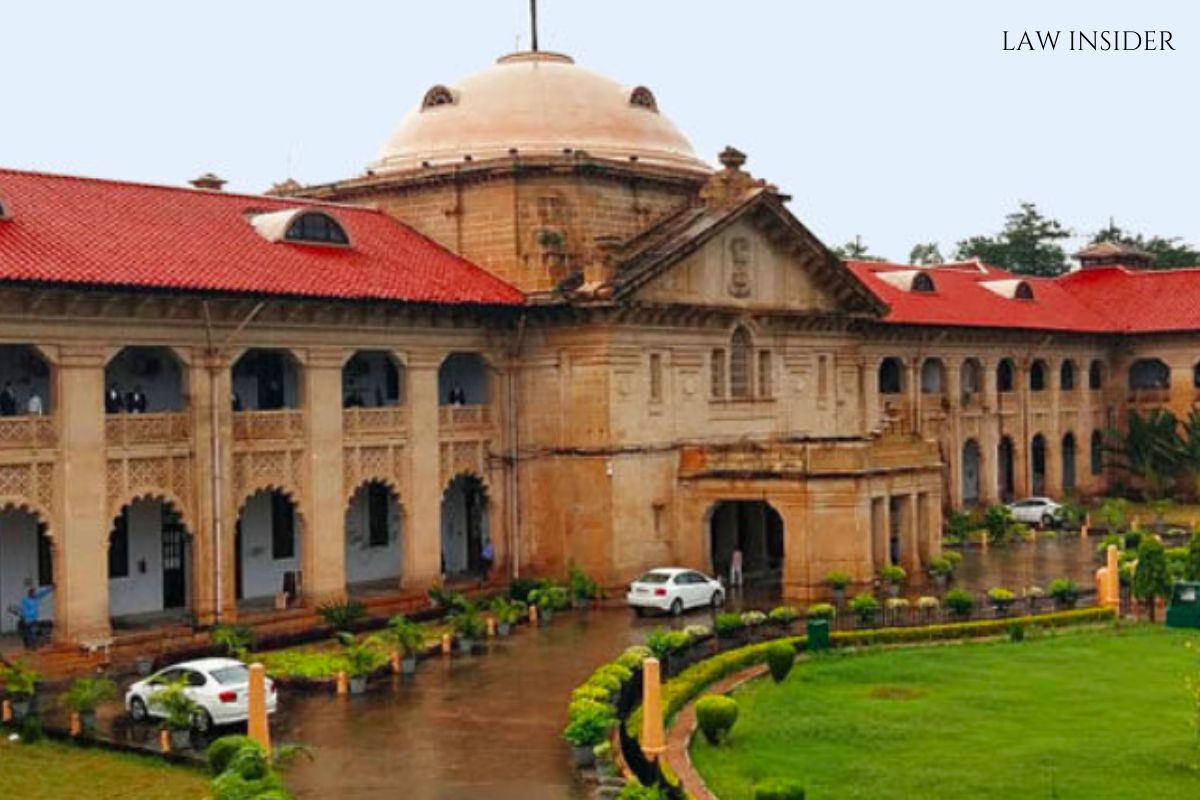LI Network
Published on: 26 August 2023 at 11:30 IST
Allahabad High Court, presided over by Chief Justice Pritinker Diwaker and Justice Ashutosh Srivastava, issued a significant ruling pertaining to the jurisdiction of the High Court in matters concerning environmental compensation.
The central issue revolved around a directive issued by the National Green Tribunal (NGT) that imposed Environmental Compensation (EC) on the petitioners. Following the NGT’s decision, the petitioners approached the High Court seeking to annul the order and associated demand notices issued by the U.P. Pollution Control Board (UPPCB).
The crux of the petitioners’ argument lay in the fact that they were not given the opportunity to present their case before the NGT’s verdict, thus alleging a breach of the principles of natural justice.
Conversely, the respondents contended that the NGT’s order could be appealed under Section 22 of the NGT Act, rendering the writ petition unnecessary.
After evaluating the arguments from both sides and reviewing relevant legal precedents, the Court delivered its verdict. It emphasized the significance of the High Court’s jurisdiction under Article 226 and 227 of the Indian Constitution, asserting that the authority of judicial review remained intact despite Section 22 of the NGT Act.
The Court cited the decision in the case of Madhya Pradesh High Court Advocates Bar Association V. Union of India, which reaffirmed the notion that the prerogative of writ jurisdiction is a fundamental facet of the Constitution and cannot be excluded.
Regarding the issue of alternative remedies, the Court recognized that while an effective remedy exists through appeal, it does not unequivocally prohibit the High Court from exercising its jurisdiction, especially in cases involving fundamental rights violations, breaches of natural justice, or absence of jurisdiction.
The Court referenced its prior decision in the Magadh Sugar and Energy Ltd. V. State of Bihar and Others, highlighting that the presence of an alternative remedy does not inherently prevent the High Court from intervening under specific circumstances.
In delivering the ruling, the bench remarked, “The power of judicial review under Article 226 of the Constitution to issue writs can be exercised not only for the enforcement of fundamental rights, but for any other purpose as well. The High Court has the discretion not to entertain a writ petition, but the existence of an alternate remedy does not by itself bar the High Court from exercising its jurisdiction in certain contingencies.”
The Court echoed these sentiments, further adding, “While a High Court would normally abstain from exercising its writ jurisdiction if an effective alternative remedy is available, the nature of the dispute and principles of justice may require the High Court’s intervention even when an alternative remedy is present.”
Based on these principles, the Court ruled that the writ petition was permissible. However, taking into account the NGT’s offer to afford the affected parties, including the petitioners, an opportunity to present their claims before the Joint Committee, the Court opted not to entertain the writ petition. Instead, it advised the petitioners to pursue interim relief or protection through the appropriate legal channels.

